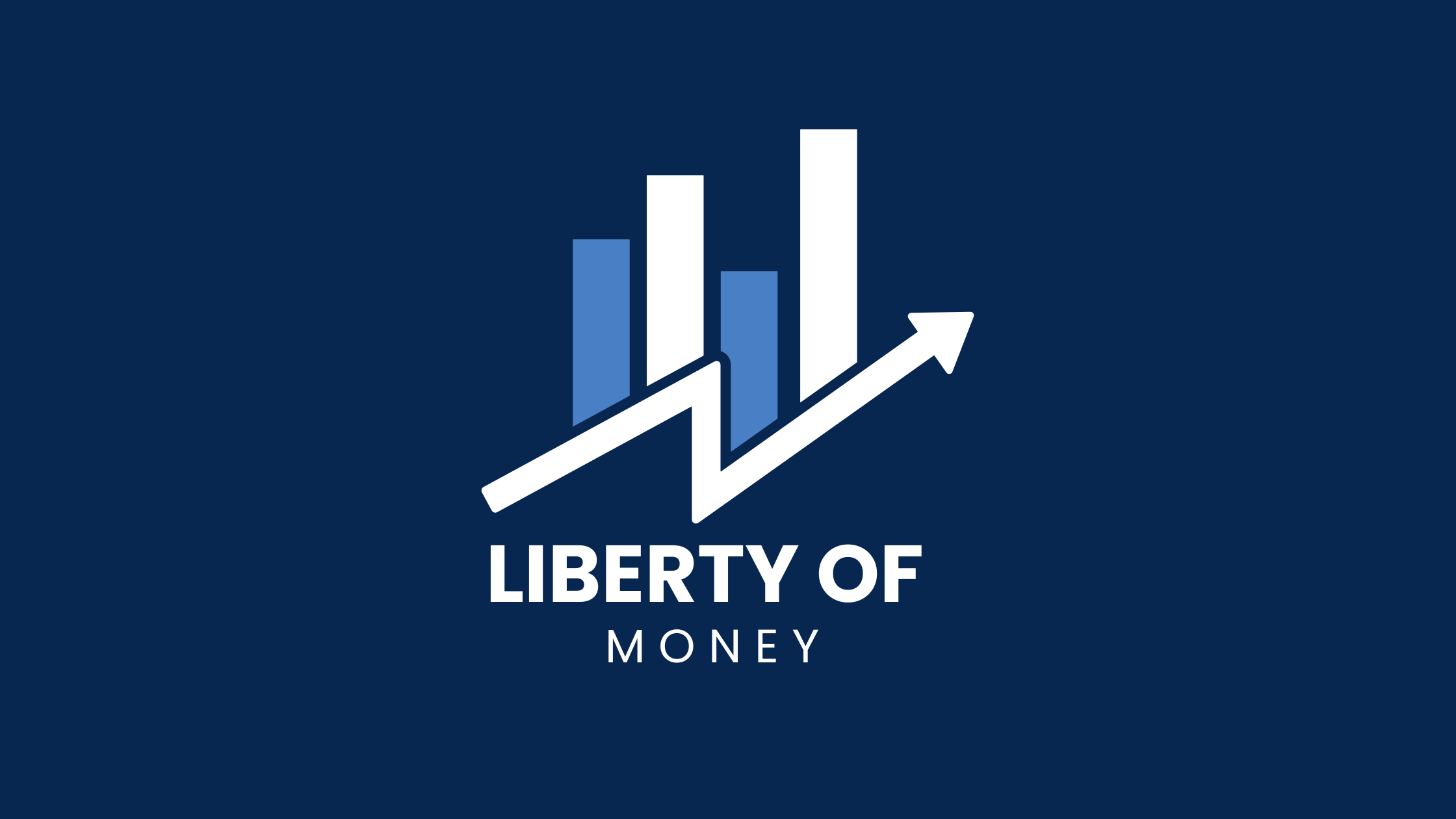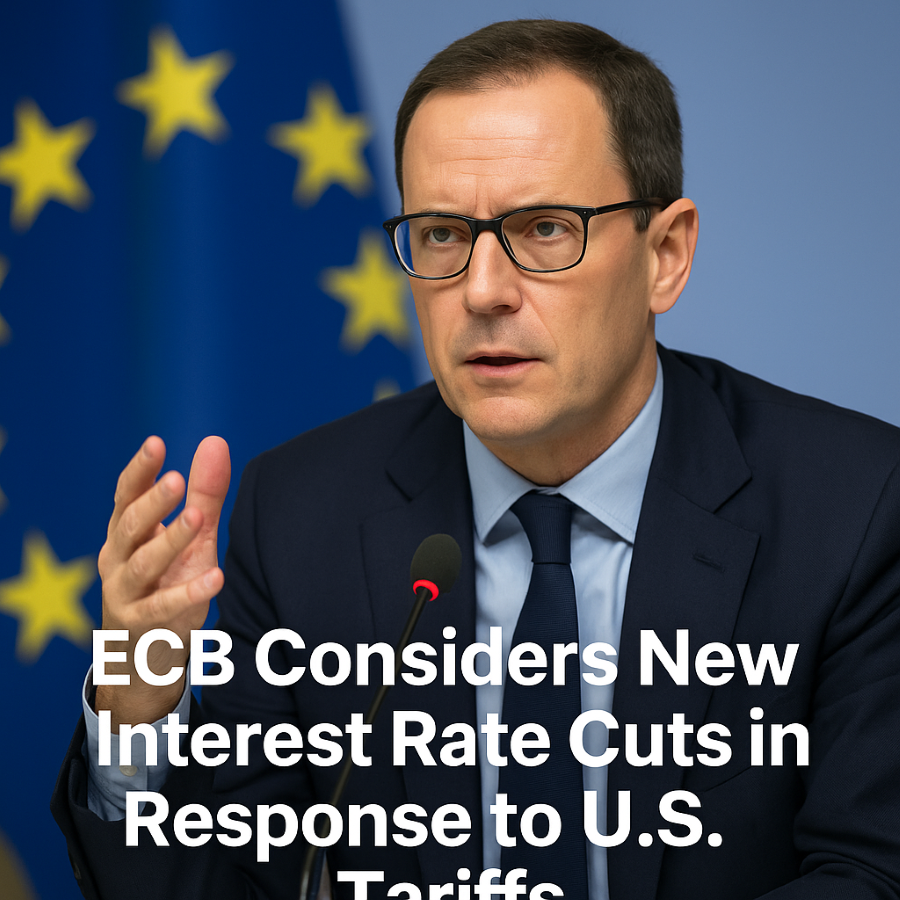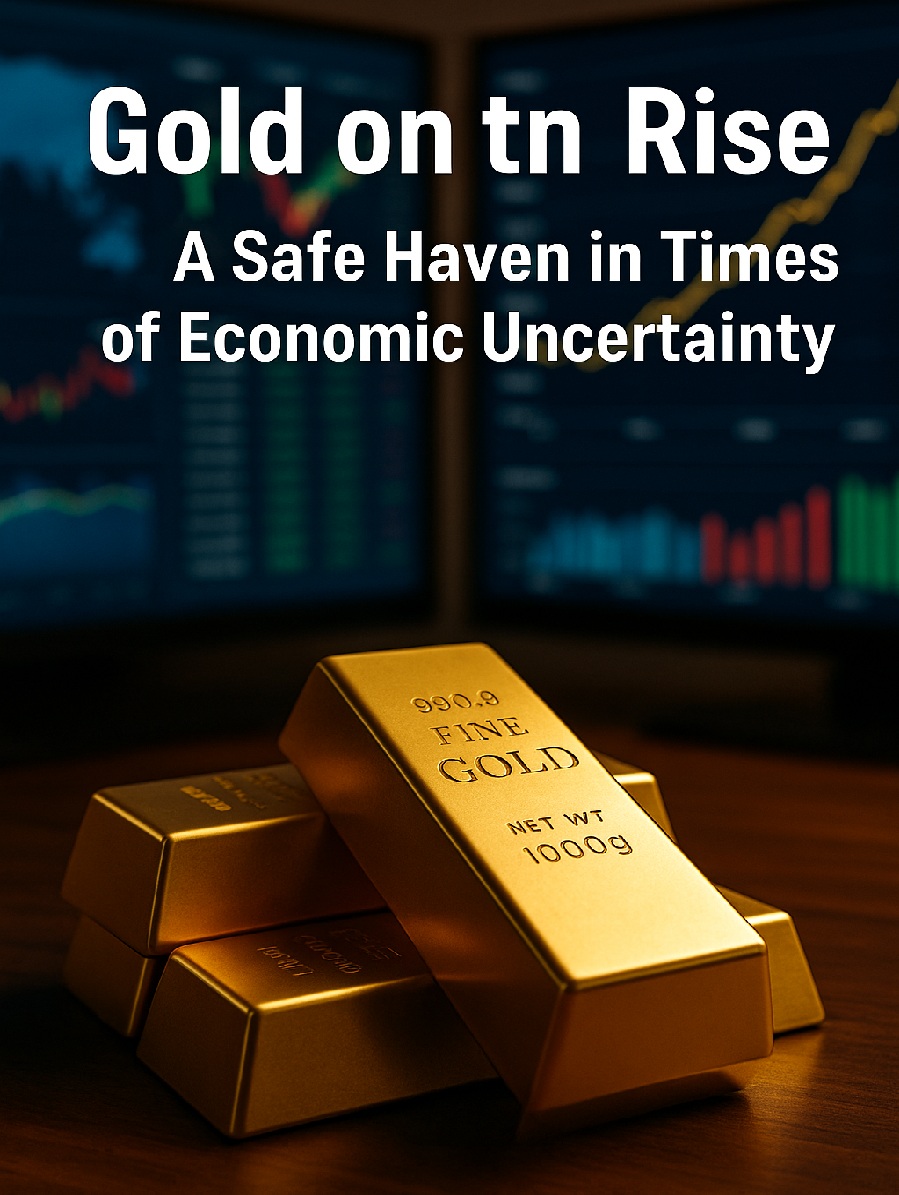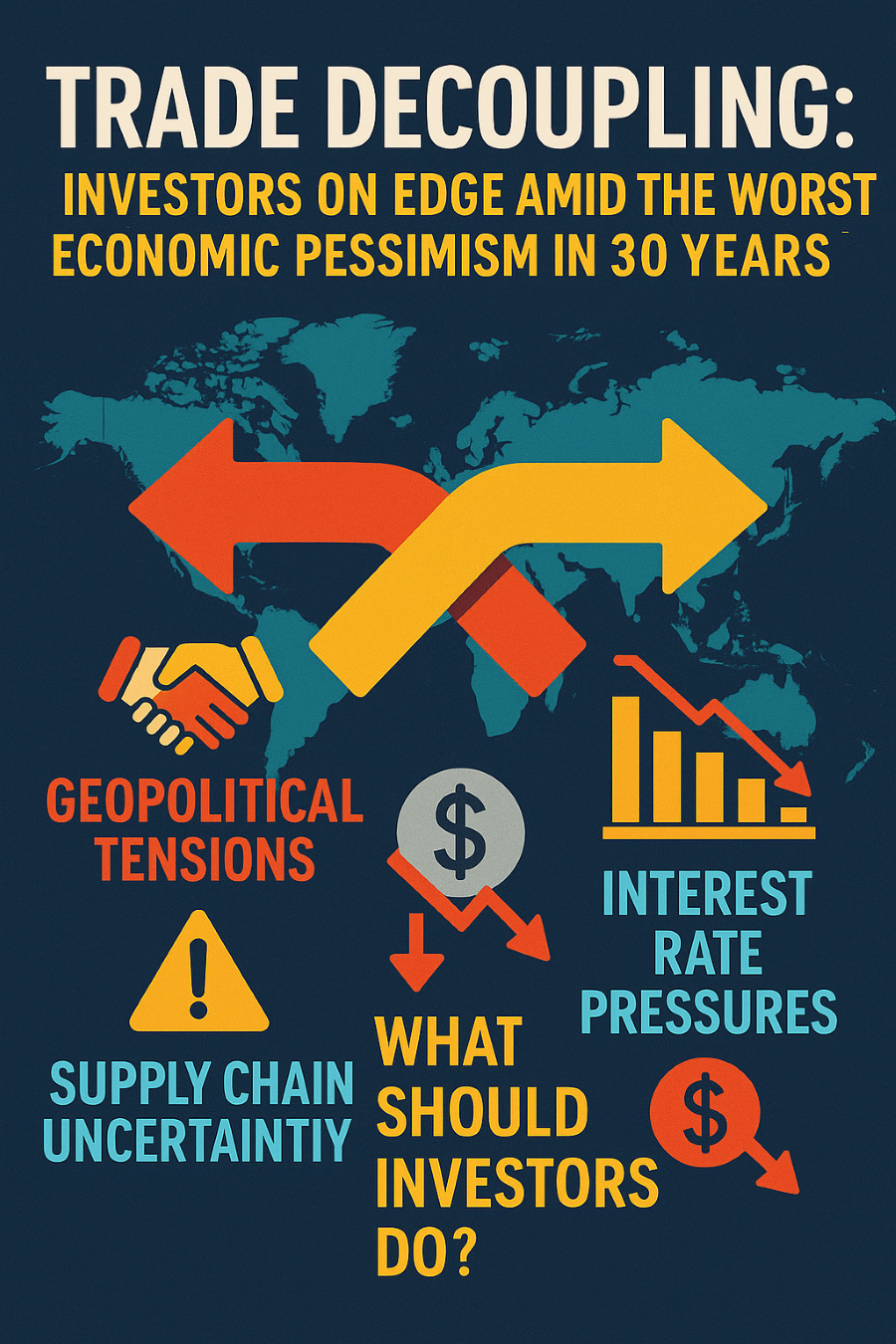As global trade tensions continue to rise, the European Central Bank (ECB) is reportedly considering new interest rate cuts in response to the latest tariff hikes imposed by the United States. But what does this mean for investors, savers, and anyone concerned about the future of the global economy?
In this article, we’ll break down what’s happening, how it could affect your finances, and how to prepare using smart financial strategies.
What’s Happening Between the ECB and U.S. Tariffs?
The United States recently introduced higher tariffs on European goods, escalating trade tensions with the EU. In response, the ECB is exploring monetary policy measures, including cutting interest rates, to protect economic growth and support the eurozone economy.
While rate cuts can stimulate borrowing and investment, they can also lead to:
- Lower returns on savings
- Increased inflationary pressure
- Currency devaluation
How Could Rate Cuts Impact You Financially?
Let’s explore how these potential decisions may influence your financial situation:
💳 1. Cheaper Borrowing Costs
Lower interest rates mean:
- Lower mortgage and loan interest
- Easier access to credit for individuals and businesses
Tip: This might be a good time to refinance loans or invest in business growth.
2. Reduced Savings Returns
With falling rates, savings accounts and fixed-income investments might yield less.
3. Investment Market Shifts
Lower rates often push investors toward stocks, real estate, or alternative assets to chase higher returns.
Why U.S. Tariffs Matter to Europe—and You
Tariffs affect trade flows, business costs, and ultimately consumer prices. If EU exporters suffer from lower demand due to tariffs, it could trigger slower economic growth.
This creates a ripple effect:
- Weaker employment in export sectors
- Potential inflation from higher import prices
- Increased uncertainty in global supply chains
How to Navigate Financial Uncertainty in 2025
Economic shifts like these aren’t just for policymakers — they affect your wallet. Here’s how to stay ahead:
✅ Diversify Your Investments
Don’t put all your assets in one basket. Explore international funds, commodities, or low-risk ETFs.
✅ Strengthen Your Financial Literacy
Understanding how macroeconomic changes impact personal finance is key.
✅ Track Central Bank Policies
Monitor decisions by the ECB and Federal Reserve to anticipate changes in rates, currencies, and investment trends.
Final Thoughts
The ECB’s potential rate cuts are more than just headlines — they’re signals of deeper changes in the global economy. By staying informed and proactive, you can turn economic uncertainty into opportunity.
Don’t wait for the dust to settle — take charge of your finances today.



